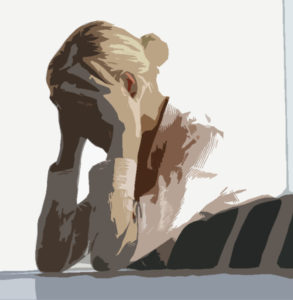Monthly Archives: April 2021

If you have two or more of these signs, you’re in over your head.

Bankruptcy is often confusing, filled with deadlines and documentation. It takes a toll emotionally as well as financially. If you think bankruptcy is on the horizon, check out the Bankruptcy Alphabet, which covers different areas of Chapter 7 and Chapter 13.
Learn more about filing for bankruptcy in California, from making a list of “Assets” and “Northern” California Bankruptcy Court to “Unsecured Debt”. Contact me if you have questions or if you’re ready to move forward with the rest of your life.
A – E
A is for Assets
B is for Beware of Credit Card Offers
C is for Chapter 7
D is for Disclose Everything
E is for Equity
F – J
F is for Fresh Start
G is for Gumshoe (Start Investigating)
H is for Homeowners Association
I is for Income
J is for Joint Filing
K – O
K is for 401(k)
L is for Lift the Bankruptcy Stay
M is for Means Test
N is for Northern California Bankruptcy Court
O is for Organize
P – T
P is for Preference
Q is for Qualified Written Request
R is for Reorganization
S is SOFA (Statement of Financial Affairs)
T is Tax Dischargability
U – Z
U is for Unsecured Debt